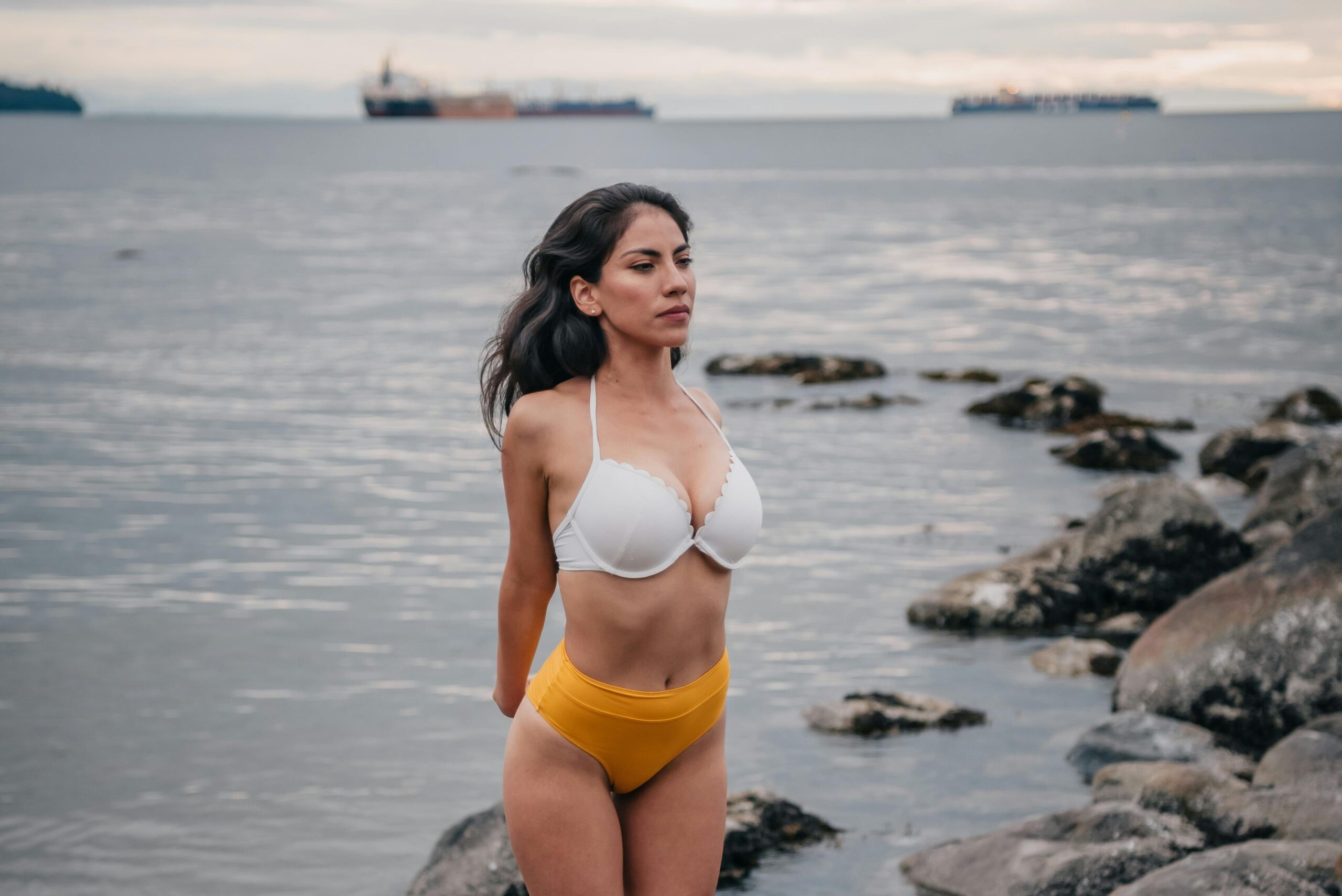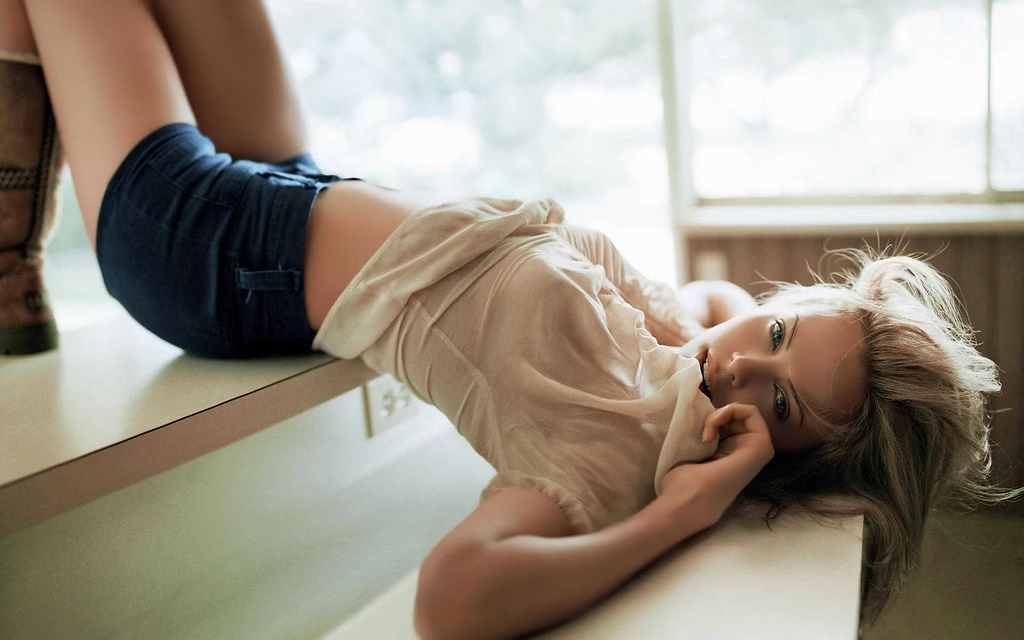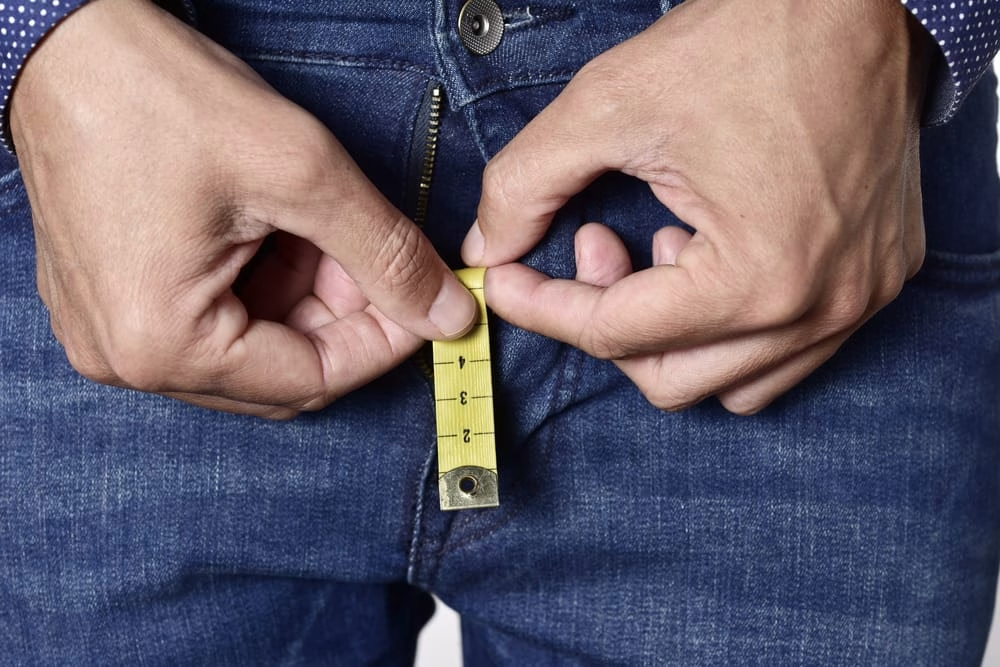When I was a teenager, I developed early. By 13, my body already looked different from most girls my age. While everyone else was still flat-chested, I had what the world politely calls “big boobs.” At first, I didn’t think much of it — it was just puberty doing its thing. But soon, I realised those curves came with attention I never asked for.
The Cruel Side of Teen Curiosity
It started with whispers. The kind that stop when you walk by, followed by giggles and half-hidden smirks. Then came the comments:
“She’s huge for her age.”
“No way that’s real.”
I remember pretending not to hear, my face burning as I tried to laugh it off. But it didn’t stop there. One morning, I found a drawing taped to my locker — a cartoon of me with exaggerated breasts. Another time, someone left a bra stuffed with tissues in my bag. That one stung the most.
Teenagers can be cruel without even realising it. Studies from the BBC on body image and adolescence show that early physical development often leads to bullying or unwanted attention, especially for girls. I lived that truth every day.
Hiding Behind a Smile
I told myself to be strong. I joked about it before others could. But the truth is, every comment about my big boobs chipped away at my self-esteem. I started wearing baggy clothes, avoiding eye contact, and slouching just to draw less attention. I looked confident, but inside I was falling apart.
Many women experience this silent shame — learning to measure their worth through the lens of others’ opinions. It took me years to unlearn that mindset. Reading about sex positivity and body acceptance later in life helped me understand that confidence isn’t about what people think of you — it’s about reclaiming your own story.
Finding My Voice (and My Power)
When I entered adulthood, I started seeing my body differently. What once felt like a curse became part of my identity. I learned that owning your sexuality doesn’t mean seeking validation; it means embracing what makes you feel powerful.
In a world obsessed with appearances, confidence is rebellion. As Forbes recently noted in their piece on body confidence and empowerment, self-acceptance improves emotional resilience and overall wellbeing.
I still remember that insecure teenage girl who tried to disappear behind oversized hoodies. But today, I stand taller — literally and emotionally. Like in The Ugly Stepsister 2025: A Bold Story of Sexuality and Self-Acceptance, healing starts when we stop apologising for who we are.
Growing Beyond the Past
It’s funny how the things that once made us feel ashamed can later become our source of strength. My journey from insecurity to empowerment taught me that confidence grows with time — and the right mindset.
For anyone who’s ever felt judged by their looks, remember: your body isn’t an apology. It’s a story — one that’s still being written. Whether you’re learning to love your curves, exploring your sexual identity, or even redefining intimacy through new experiences like finding a sugar baby in 2024, acceptance starts within.
Our bodies tell the stories of our lives — the awkward, the painful, and the beautiful. And as I’ve learned, it’s okay to take ownership of all of it. Because the moment you stop letting others define you, you finally start living as you.


